Patron Login
Welcome to the new DOD MWR Virtual Library!
 Processing Request
Processing Request
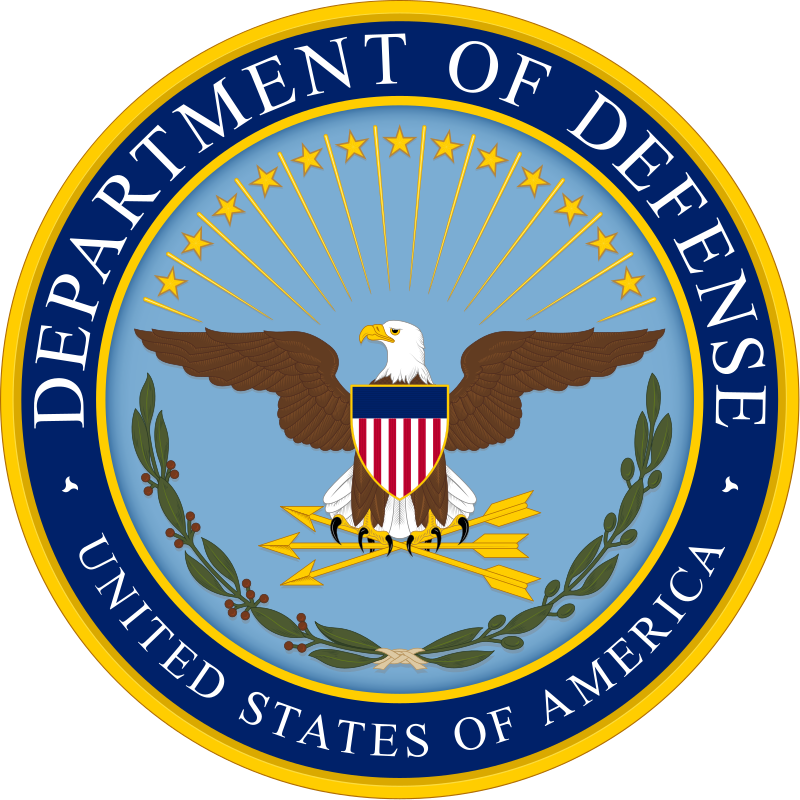
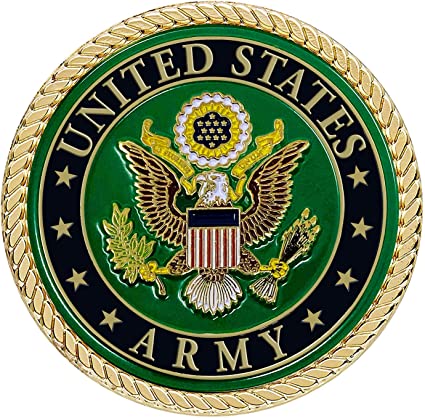
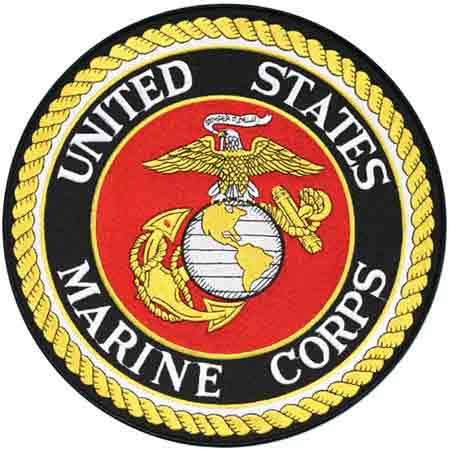
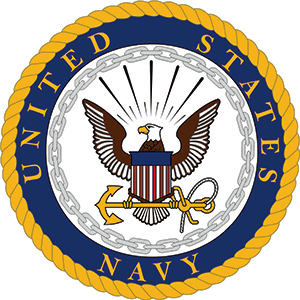
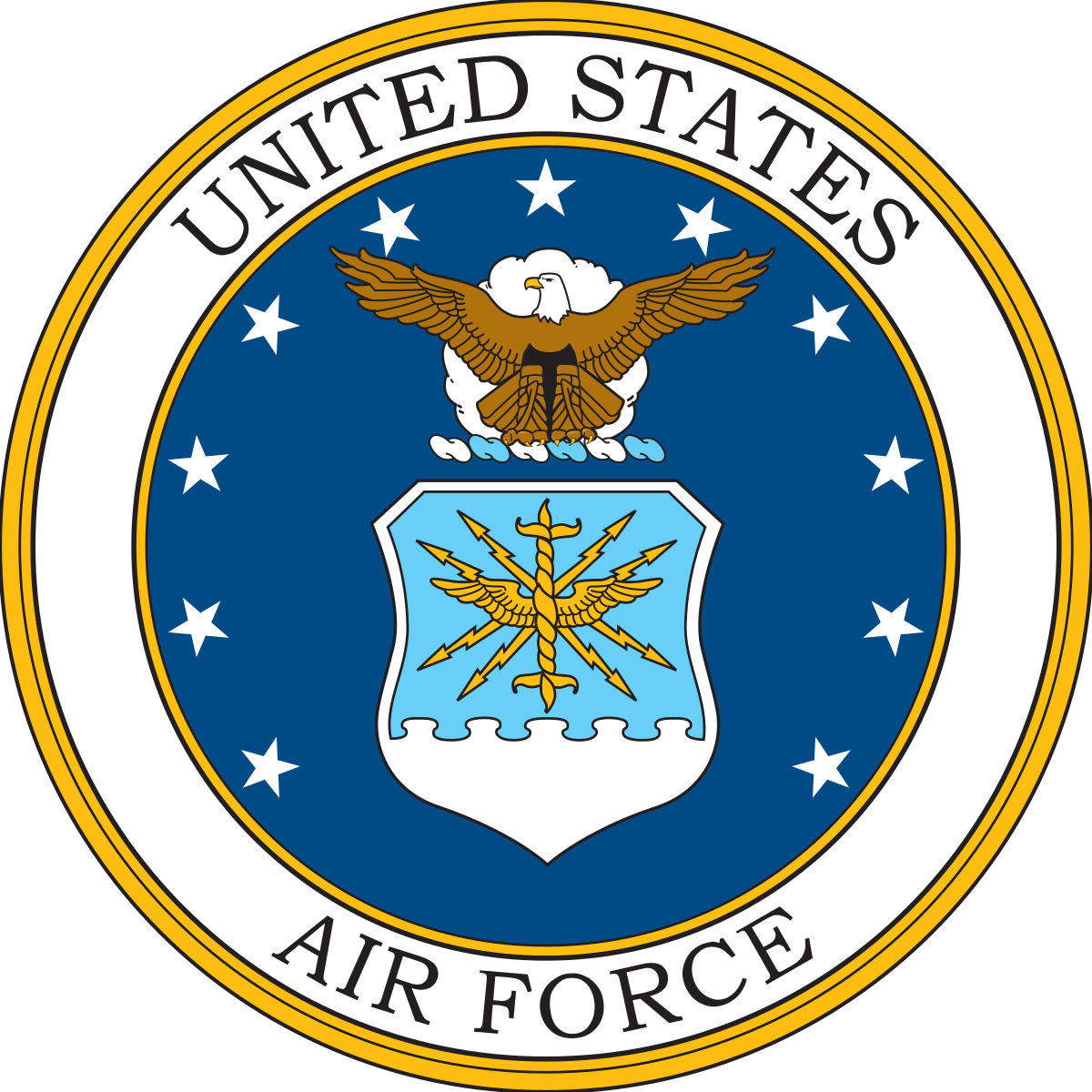
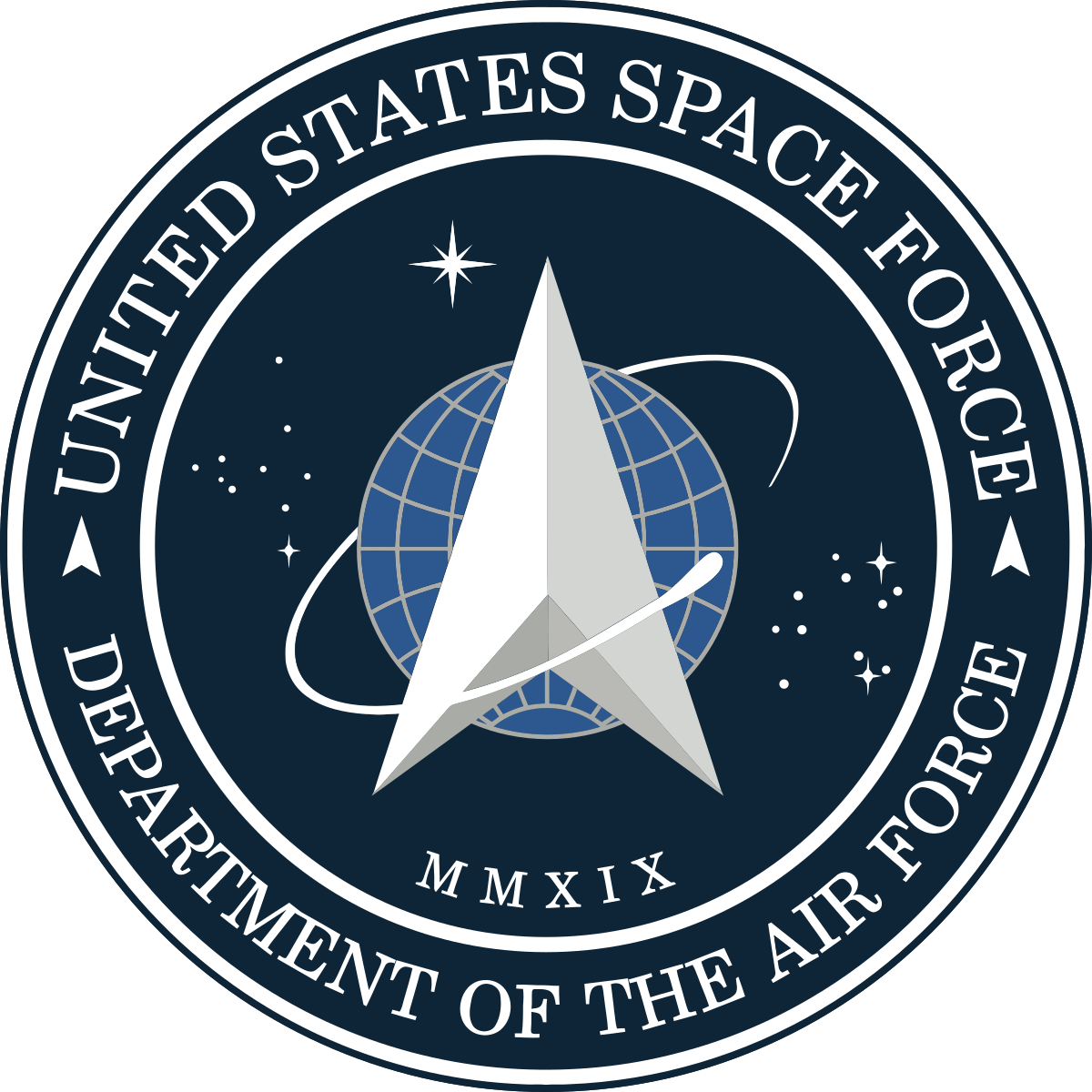
Who is Eligible
Our Story
The DoD Morale, Welfare and Recreation (MWR) Libraries are transforming to combine resources and efforts of the five branches of service (Army, Marine Corps, Navy, Air Force, and Space Force) to deliver the highest value of online library services to DoD Service members and families.
Resources
The appearance of external hyperlinks does not constitute endorsement by the United States Department of Defense of the linked web sites, or the information, products or services contained therein. For other than authorized activities such as military exchanges and Morale, Welfare and Recreation (MWR) sites, the United States Department of Defense do not exercise any editorial control over the information you may find at these locations. All provided links are consistent with the stated purpose of this web site.





